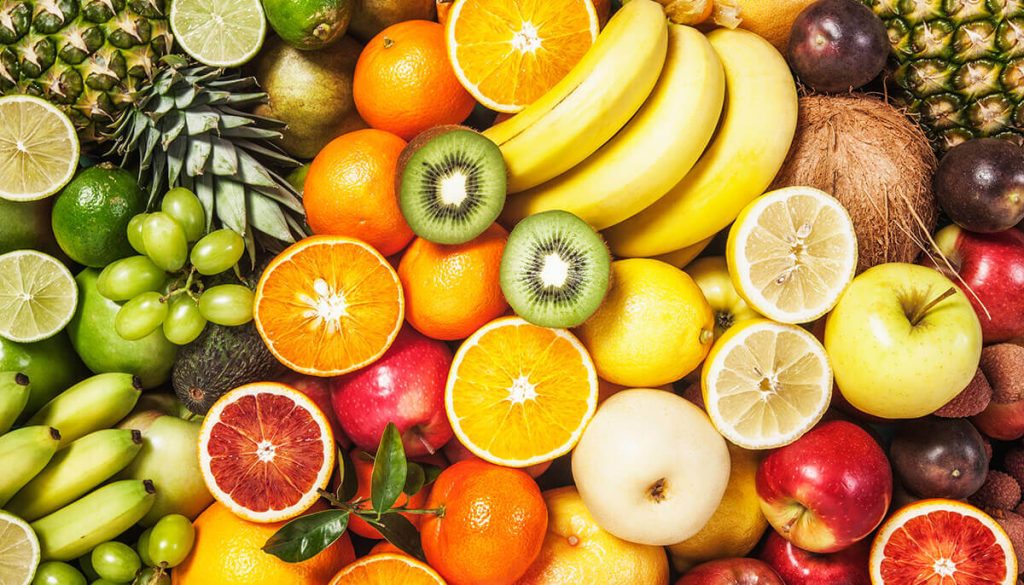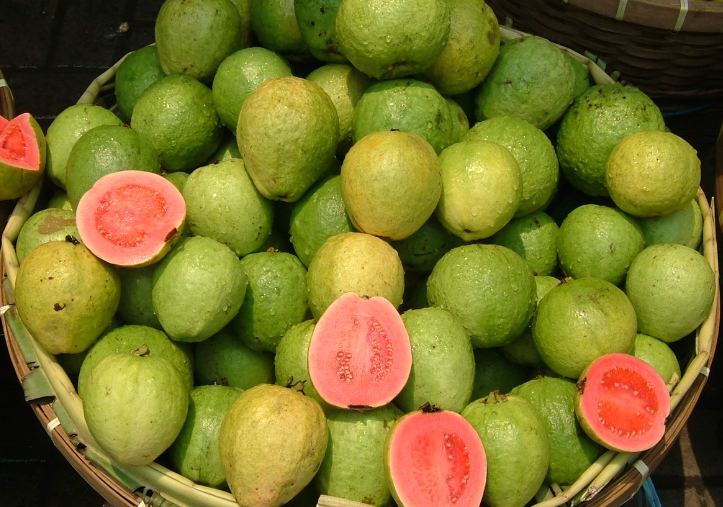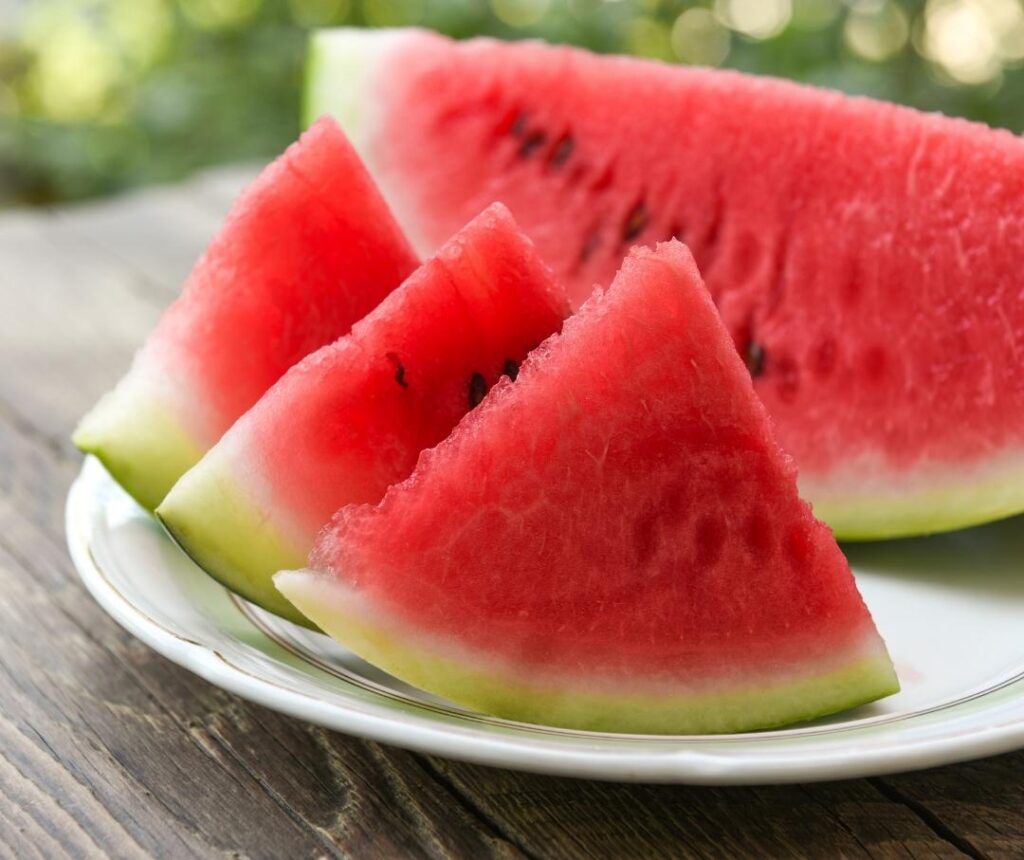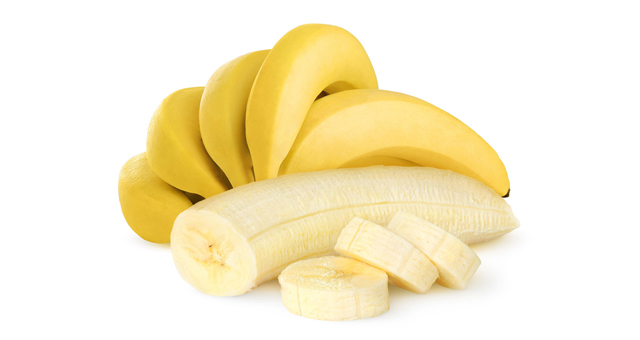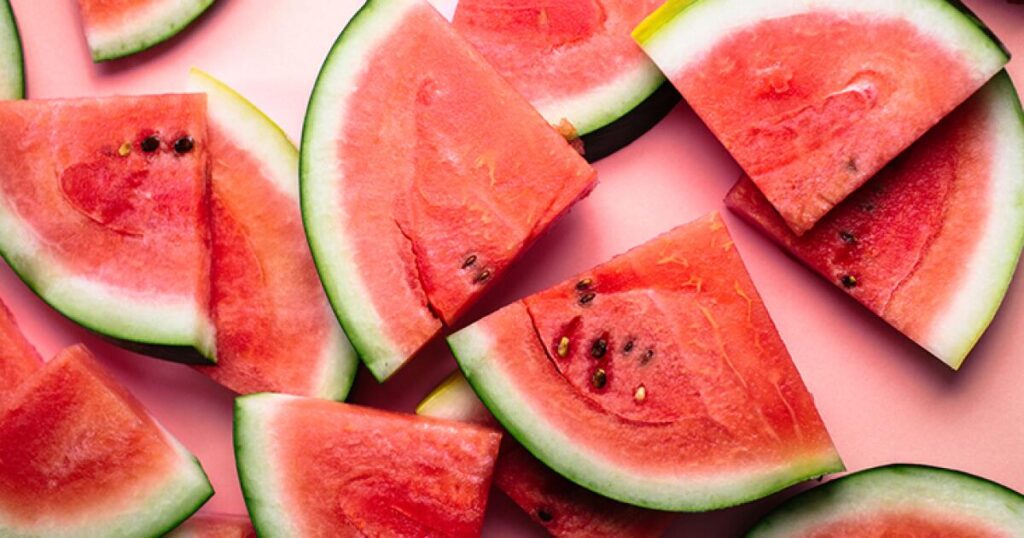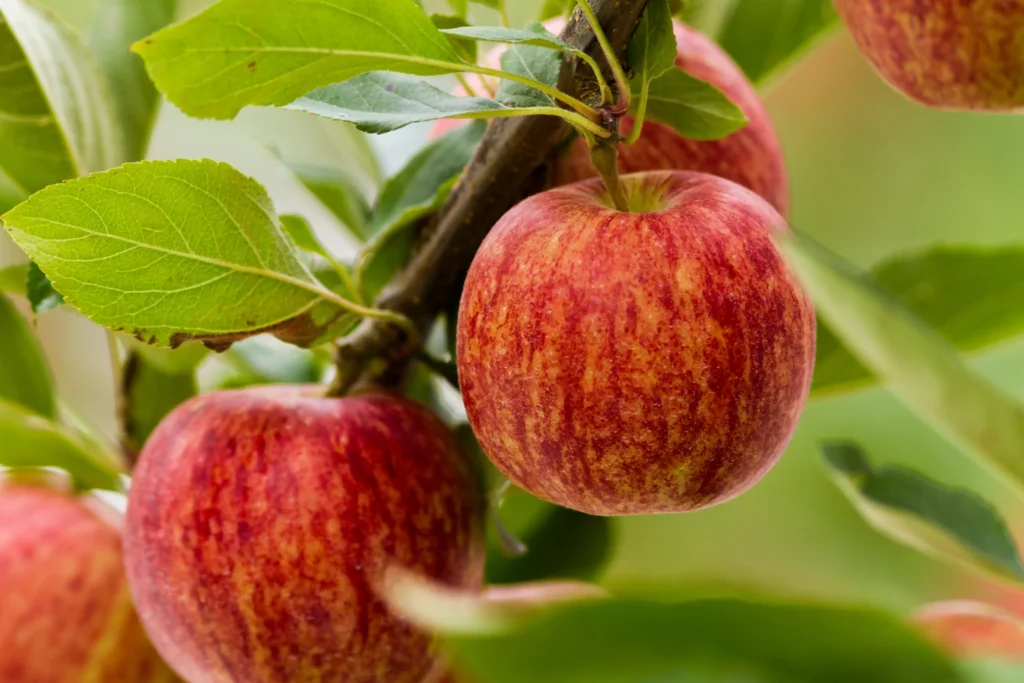Mangoes are tasty and full of nutrients which we humans love. We often share our snacks with our furry friends, but it’s important to make sure these snacks are safe for them. So, you might be wondering if it’s okay for dogs to eat mango seeds. In this article, we’ll dive into the details about mango seeds and find out if they’re safe for your dog.
Table of Contents
- Understanding Mango Seeds
- What Good Stuff is in Mango Seeds for Dogs?
- Are Mango Seeds Dangerous for Dogs?
- Good Things About Mango Seeds for Dogs
- What’s Bad About Feeding Mango Seeds to Dogs?
- How to Give Mango Seeds to Dogs Safely
- How to check how your dog reacts to mango seeds
- Other foods to give your dog instead of mango seeds
- Summing it up
Understanding Mango Seeds
The seed of a mango is the big, flat, oval thing you find in the middle of the fruit. It has a hard outer shell to protect the softer white part inside.
What Good Stuff is in Mango Seeds for Dogs?
Dogs need a diet with protein, fats, carbs, vitamins, and minerals. Mango seeds have some nutrients that can be good for dogs, but they aren’t a must-have for them to eat.
Here’s what’s in mango seeds that can be good for dogs:
- Fiber: Mango seeds have a bunch of fiber, which can help with your dog’s digestion and keep their bathroom habits regular.
- Healthy Fats: Some good fats in mango seeds, like oleic acid and stearic acid, can help your dog’s skin and fur stay shiny and soft.
- Antioxidants: Mango seeds have lots of antioxidants. These can help fight off cell damage in your dog’s body.
- Vitamins and Minerals: Vitamins E and B6, along with potassium and magnesium, are in mango seeds too, and they can help keep your dog healthy.
Even though mango seeds have these nutrients, it’s important to give them to your dog in small amounts and remember that they shouldn’t replace a balanced diet that has everything your dog needs. Keep up with regular vet visits and make sure your dog gets plenty of exercise to keep them in tip-top shape.
Are Mango Seeds Dangerous for Dogs?
Dogs might be able to manage eating mango seeds, but usually, it’s better not to give them any. They are big, hard, and not easy to digest, which could cause your dog some trouble if they eat them. Eating too many mango seeds might block their intestines, which is a big health problem for dogs.
Mango seeds also have a little bit of cyanide, which is a poison that can hurt your dog if they eat too much of it. If your dog eats several seeds or things made from mango seeds like oils or butter, this could make them sick with cyanide poisoning.
If your dog eats a mango seed by accident and starts having trouble breathing, throwing up, diarrhea, seizures, or falls into a coma, it’s an emergency, and you need to take them to the vet right away.
Good Things About Mango Seeds for Dogs
In small amounts, mango seeds can be healthy for dogs and offer some benefits for their overall health.
Benefits of mango seeds for dogs include:
- Fiber: The fiber in mango seeds is great for helping dogs with digestion and keeping their bathroom habits on track.
- Antioxidants: Mango seeds are full of antioxidants that can help your dog’s immune system and keep them healthy.
- Healthy Fats: The good fats in mango seeds, like oleic acid and stearic acid, can help your dog’s skin and fur look and feel better.
- Vitamins and minerals: Mango seeds have important vitamins and minerals, like vitamin E and B6, potassium, and magnesium, that help keep your dog’s body working well.
Remember that while mango seeds can be beneficial, you should feed them to your dog only once in a while and not as a replacement for their regular food.
What’s Bad About Feeding Mango Seeds to Dogs?
There are some risks to think about before you let your dog have mango seeds:
- Intestinal Blockages: Mango seeds are tough to digest and can get stuck in your dog’s guts, which might make them feel sick or hurt their stomach.
Choking risk: Large mango seeds can block your dog’s throat, particularly if you have a small breed. - Cyanide Poisoning: Mango seeds have a bit of cyanide, which is toxic and can make your dog really sick or even be deadly if they eat too much.
- Nutrient Imbalance: If your dog eats too many mango seeds, it could mess up the balance of nutrients they need and cause health problems over time.
How to Give Mango Seeds to Dogs Safely
If you decide to let your dog try mango seeds, there are safe ways to do it. Here are some tips to keep them safe:
- First, take off the tough outer husk of the mango seed perché non is digestible for dogs. To find out how to do it properly, check out this guide.
- Take off the hard outer cover: Before you give mango seeds to your dog, make sure you remove the tough covering. This makes it safer for your dog.
- Chop the seed up: Mango seeds are very hard and could make your dog choke, especially if your dog is small. Cut the seed into tiny bits or crush it into powder. This makes it easier for your dog to eat and digest.
- Give just a little: Mango seeds might be good for dogs, but don’t give too much. If dogs eat too many, they might get a stomachache or other health issues.
- Talk to a vet: Always check with a vet before you give new food to your dog. This includes mango seeds. The vet can tell you if it’s safe for your dog and how much you should give.
- Look for upset stomach signs: Keep an eye out for signs that your dog’s stomach isn’t okay after they eat mango seeds. This includes throwing up, diarrhea, or belly pain. If something looks wrong, stop giving the seeds and call your vet right away.
- Start with just a bit: When you first give mango seeds to your dog, begin with a very small amount. Then, slowly give more. This gives your dog’s stomach time to get used to it and can help prevent stomach problems.
- Watch for upset stomach signs: Keep an eye on your dog for upsets like vomiting, diarrhea, or belly pain after eating mango seeds. If you see these, stop giving the seeds and talk to your vet.
- Notice if their behavior changes: Watch how your dog acts after eating mango seeds. If they’re tired, have trouble breathing, or have seizures, it could be from something bad like cyanide poisoning, which is dangerous and means your dog needs help fast.
- Keep track of what they eat: Write down how much mango seed your dog has. Also, write down any changes in how they act or feel. It helps figure out if mango seeds are okay for them and how much they can have later on.
- Get your vet’s advice: If you’re worried about giving mango seeds to your dog, talk to your vet first. They can help you decide if it’s a good idea or suggest other things to give your dog instead.
- Remember, not too much: Mango seeds might have some good things for dogs, but they should only have a little now and then, not all the time.
- Fruits: Fruits like apples, bananas, blueberries, and strawberries are good for dogs. Take out any seeds or pits first. They have nutrients like mango seeds.
- Vegetables: Carrots, green beans, and sweet potatoes are packed with fiber, vitamins, and minerals. They’re as nutritious as mango seeds for dogs.
- Proteins: Dogs need proteins like chicken, turkey, and fish to keep their muscles and organs working well. The proteins have good stuff like what’s in mango)),
- Vitamins: Supplements made for dogs can add to their health. Just remember to add new ones slowly and follow a vet’s advice.
How to check how your dog reacts to mango seeds
Planning to give your dog mango seeds? Here’s how to watch their reaction:
If you take these steps when adding mango seeds to your dog’s meals, it can help make sure they stay well.
Other foods to give your dog instead of mango seeds
Looking for different foods to give your dog? Here are many good choices that are healthy:
Always take it slow when you give your dog new foods or vitamins.
Watch how your dog reacts and talk to your vet if you’re not sure about something. By doing so, you can help keep your dog healthy and happy for a long time.
Summing it up
Mango seeds might be okay for your dog to eat, if you’re careful and give just a bit. They have good nutrients but can also be risky if not prepared right.
Before giving mango seeds to your dog, start with a small amount, watch for any problems, keep track of what they eat, and get advice from your vet. If you don’t want to use mango seeds, there are many other foods that are safe and healthy for dogs and have similar good things in them.
It’s important to feed your dog different kinds of foods to keep them healthy. With the right care and food, you can help your dog stay well and happy for a long time.

